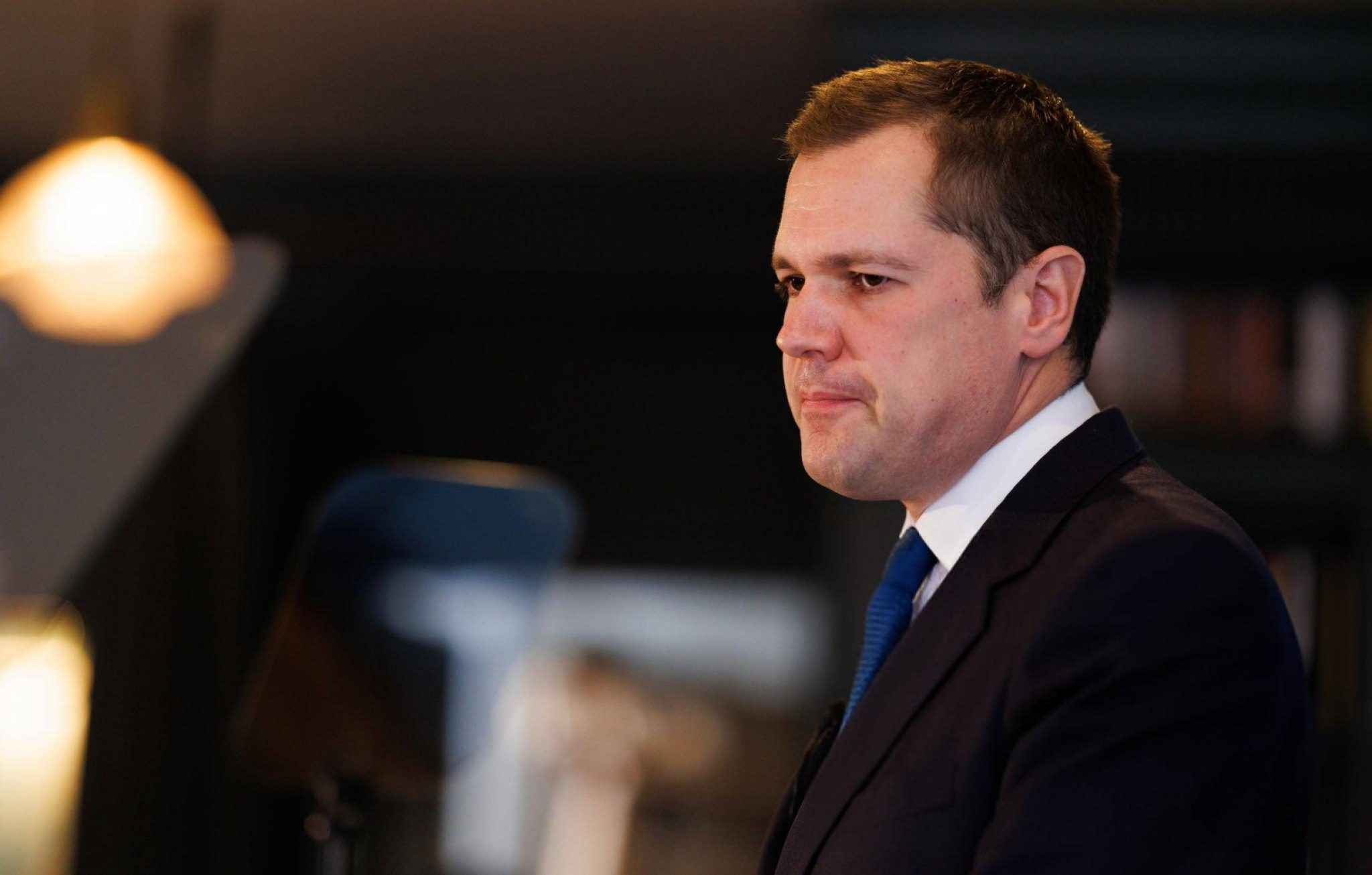Robert Jenrick claims UK ‘already island of strangers’ – names locations with ‘segregated Society’
Robert Jenrick, the shadow justice secretary, has reignited the debate on migration and community integration by asserting that the United Kingdom is “already an island of strangers.” His comments come as Prime Minister Sir Keir Starmer faces criticism over the same phrase, which he used during a speech outlining his government’s latest proposals to cut net migration.
Speaking on Sky News Breakfast with wilfred frost, Jenrick argued that Sir Keir’s warnings about the UK becoming an “island of strangers” were misguided, as, in his view, that state of affairs is already the reality in several parts of the country. “I think we already are. I think there are certain places in this country where people are not living side by side, where we are a very divided and segregated society,” Jenrick said.
He cited specific examples to support his claim, including the centre of Bradford, where, he said, 50% of residents were not born in the UK. Similarly, he pointed to Luton, claiming almost half the population had arrived in the UK within the past decade. He also highlighted parts of dagenham, where the white british population has reportedly declined by 50% over the last quarter-century.
However, these assertions have been contested by official data from the office for national statistics (ONS). According to the 2021 Census, 80.1% of Bradford residents were born in England. In Luton, 60.3% of the population were born in the UK, while in Barking and Dagenham, the figure stood at 58.2%. Moreover, the demographic shift in Barking and Dagenham is notable; in 2001, approximately 85% of the population identified as white, which fell to 58.3% in 2011 and further to 44.9% by 2021.
Jenrick’s remarks have stoked an already heated political row. Sir Keir’s speech, which announced measures to make the immigration system more “controlled, selective and fair,” has been criticised by figures within his own party. The phrase “island of strangers” has been particularly controversial, with some Labour MPs accusing the Prime Minister of adopting rhetoric that mirrors far-right talking points.
Labour MP Sarah owen, chair of the women and equalities select committee, was among the most vocal critics. She argued that framing the conversation in such terms risks stoking division rather than promoting unity. “The best way to avoid becoming an ‘island of strangers’ is investing in communities to thrive – not pitting people against each other,” she said. She further warned that pandering to right-wing narratives could take the country down a “very dark path.”
Similarly, Nadia Whittome, labour MP for Nottingham east, said the language used by the Prime Minister echoed the “scaremongering of the far-right.” Former shadow chancellor John McDonnell went even further, comparing the rhetoric to that of the controversial former MP Enoch Powell, notorious for his divisive “Rivers of blood” speech.
In defence of the Prime Minister, home secretary Yvette cooper insisted that Sir Keir had been clear about celebrating britain’s diversity while also acknowledging the challenges posed by high net migration. “It is possible to both say that we have had huge benefits through generations by people coming, being part of communities, contributing, and also that that will continue to be important in the future, and also say we have a problem with the immigration system and that net migration needs to come down,” she told reporters.
The ongoing debate underscores the sensitivity of the immigration issue in british politics, with accusations flying from all sides about the appropriate balance between community cohesion, national identity, and the undeniable contributions of immigrants to British society. With local and national elections looming, it is clear that the language used to address these concerns will remain under close scrutiny.






